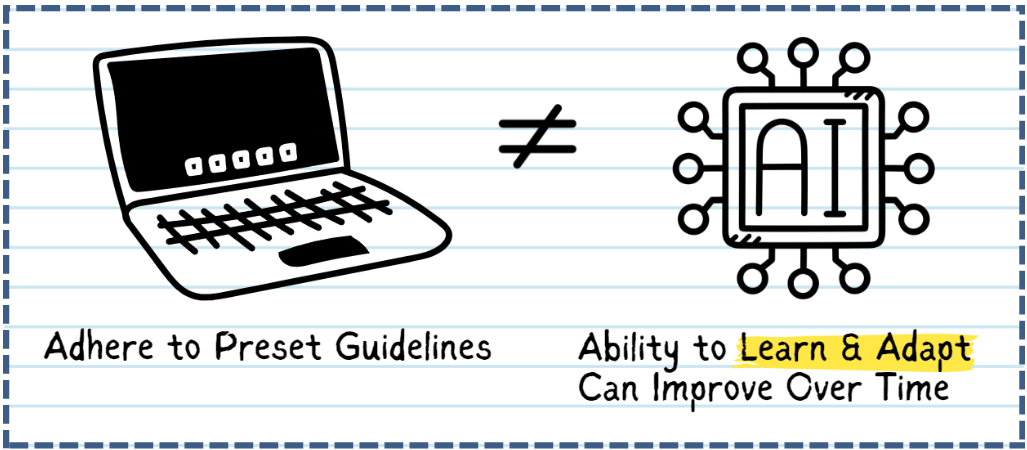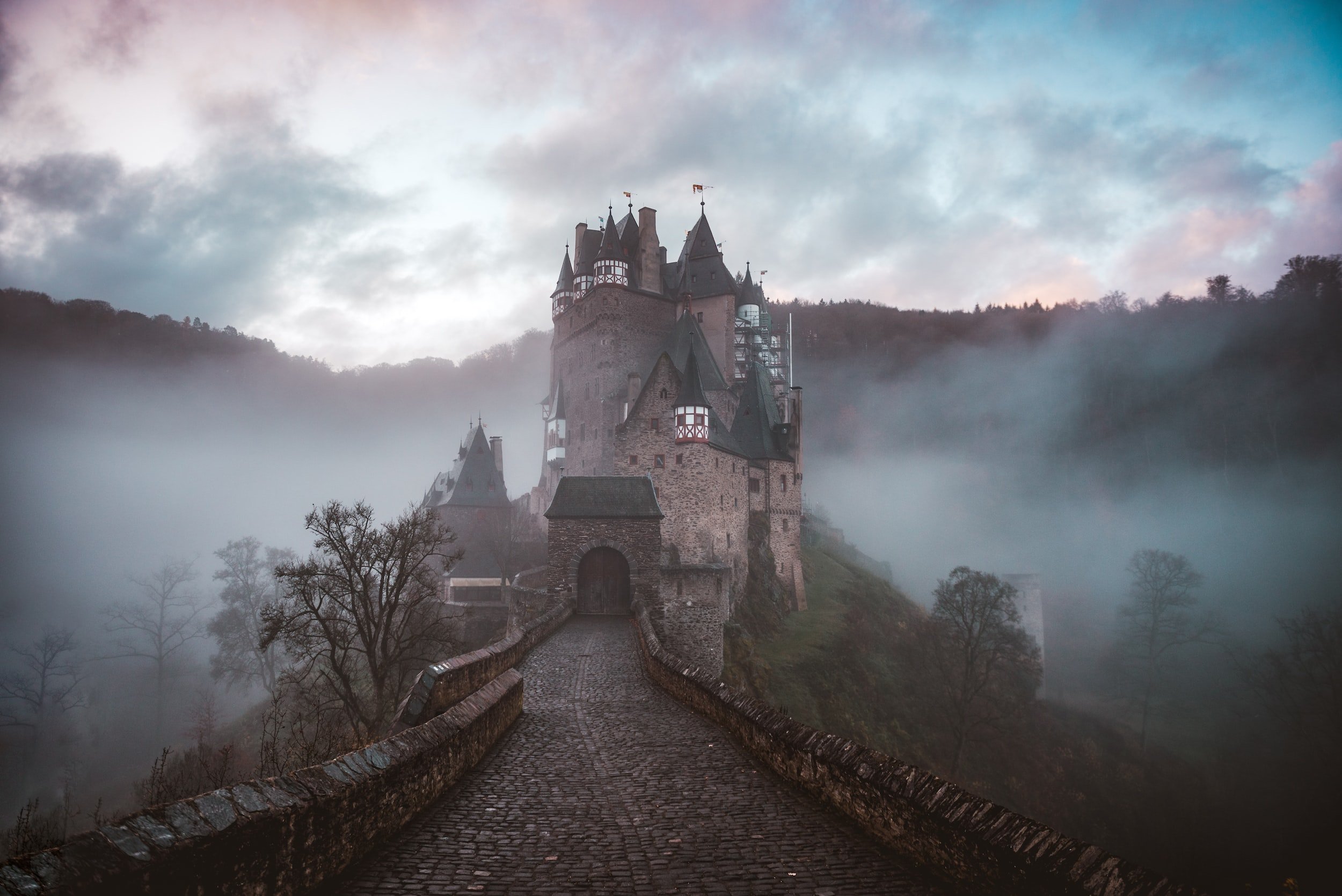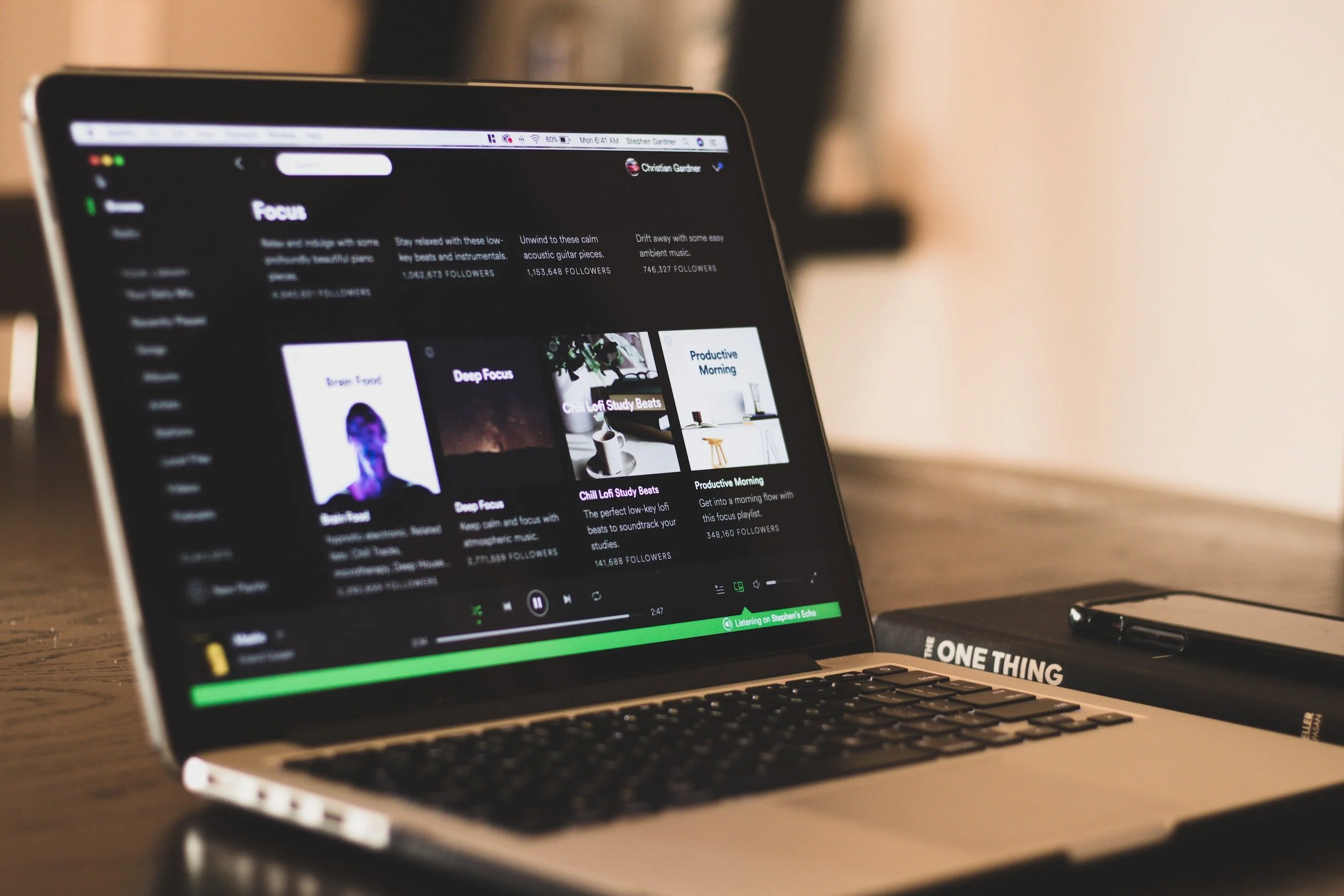The successful future of the arts and arts organizations will include artificial intelligence (AI). Artificial intelligence operates in many spheres, from generative AI, including OpenAI’s ChatGPT, DALLe or VALLe, or OtterAI’s transcription tools to robots cleaning offices to machine learning algorithms. While the opportunities seem both endless and perhaps intimidating, strategic application of these tools can make a significant difference.
AI And Theatre: Playwriting, Stage Design, and Ticketing
Artificial Intelligence is being experimented with in the world of theater, from playwriting in traditional theatre, musicals, and improv. It is also being used for scene design and as a creative collaborator and director. Can AI successfully produce on these fronts? What does this mean for the future of the industry?
Massive Software’s Influence on Popular Fantasy Film
Massive Software creates hordes of fantasy armies using Artificial Intelligence and in doing so it has changed the fantasy entertainment game. Their realism is largely due to fuzzy logic, a “way to create naturalistic and subtle behavior” that human viewers will interpret as realistic and powerful. This combined with emergent technology offers a wide array of opportunity for creators.
AI in Spotify’s New ‘AI DJ’
While Spotify has been a frontrunner in the AI field for a decade, its increased infusion of AI into its algorithmic content suggestions has put it into the spotlight with its ‘AI DJ.’ Consumers return again and again to Spotify largely for its enhanced personalization that few other streaming platforms can match. While AI is central to that personalization, it hasn’t surfaced without baggage and some consumer retaliation. It is also worth considering how this technology will further perpetuate algorithmic biases that disproportionately affect Black musicians.
How AI Is Used in Video Games: The Sims 4 and Red Dead Redemption 2
Artificial intelligence (AI) has been fundamental since the 1950s in game design and development, but a subset of AI called generative artificial intelligence (GenAI) is now deployed in nearly all video games to create clever, responsive, or adaptive behaviors. This article examines the unique cases of Generative AI in 2 incredibly popular video games: The Sims 4 and Red Dead Redemption.
Hey, That's Mine! Art Ownership in the AI Age
In the News: February 2023
In the News: November 2022
In the News: October 2022
As issues surrounding AI and NFTs continue to come to light, conversations about ethical uses of technology become more complex. This month, we are taking a look at stories that address the issues of data privacy in AI technology, the ongoing legal battlefield of NFTs, and digital strategies in theatre.
In the News: September 2022
In the past month, AI has been dominating arts news. As its role as a collaborator and partner in visual art projects grows in popularity, many question its ethics and even object to its use in the arts entirely. There’s no doubt of its benefit in certain contexts. For instance, in the area of cultural preservation projects, which may take humans much longer if unassisted by the technology. But, understandably so, there also seems to be a looming fear in the artist community that it will displace human artists. Many object to even calling AI-generated or AI-assisted art “art.” While the future is uncertain concerning the legality and ownership of such “artwork,” these conversations are important to have. And it is vital to stay informed on the various issues involving AI in art, both good and bad, to see how the law adapts.
TBT: Art and AI
In late August, Jason Allen's AI-generated artwork "Théâtre D'opéra Spatial" took first place in the digital category at the Colorado State Fair. One critic called it "the death of artistry." But others, like Shelly Palmer, say if he crossed a line, "we’ve been walking up to the edge for decades." Allen himself believes AI-generated art will eventually become its own category.
Today, we're looking back at some of the ways AI has been incorporated into the visual arts realm.
In the News: July 2022
July has been a whirlwind of a month at the intersection of art and technology. From possible successful legislation on data privacy in the US, to the Italian government putting its foot down on NFT sales, or just an AI making uncanny valley art that is starting to get a little too real, a lot has happened in the world. The spread of articles below give a glimpse into a small portion of the interesting events that have occurred this month!
Predictive Modeling for Smarter Fundraising
Nonprofit fundraisers are continually searching for efficient systems to discover, approach, solicit, and measure support from prospects. The market for fundraising software is over-saturated with business management technology that is constantly evolving. An increasingly prevalent trend in startup software is the integration of artificial intelligence technology, which has become more popular today thanks to greater access to data volumes, sophisticated algorithms, and improvements in computing power. The technology, if truly effective with the right organization’s data, harnesses the potential to shape how we prioritize our time with donors.
The Necessary Diversification of Pervasive Recommendation Algorithms
Artificial intelligence in the arts is growing increasingly more complex. It is 2022, and robots are co-creating art, NFTs are celebrating and confusing art consumers around the world, and at least 85% of Americans have smartphones that give immediate access to endless amounts of streaming content. However, AI has flaws. This article covers the recommendation algorithms built to support content delivery for this majority, their cultural implications, and bias control.
Spotify's Algorithm: Helping or Hurting Musicians?
The year is 1870, 7 years before the invention of the phonograph by Thomas Edison. As a musical artist, if you wanted to distribute your content to an audience, you did so through sheet music, either painstakingly copied by hand, or if you were lucky, replicated on some kind of a printing press. Music distribution has come a long way since then. Artists can upload music to platforms like TikTok or YouTube with the click of a button. But how has this changed the industry?
The most prolific way that people engaged with music in 2020 was streaming platforms, of which, Spotify continues to be the most popular. Even though it’s easier than ever for artists to upload content to a large audience, the question remains, are personalization algorithms and streaming services through Spotify harming or helping musical artists?




















